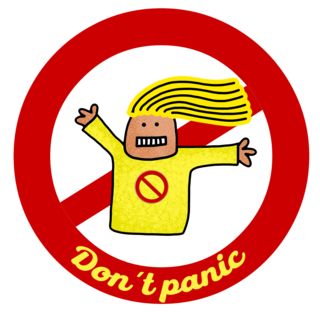
What is OCD?
The issue, however, is that OCD is a paradox. The more you engage in these compulsions—those mental and physical behaviors that temporarily reduce your distress—the more your long-term distress increases. You may feel unable to do or not do certain things, fearing that not engaging in the compulsive behavior will leave you feeling so miserable that life won’t be worth living. Ironically, refraining from these mental and behavioral compulsions is where true freedom is found.

How to Delay the Age at Which Kids Get Smartphones
"Let’s be open to letting go of cultural myths. We know that the benefits of teenage smartphones do not outweigh the risks and harms. There are thousands of reasons for buying a phone for your child, but there is only one reason to skip it: your child’s health and well-being. And that reason matters more than all the others."

Why Am I So Anxious?
"They are really fighting shadows—things they have already lived through but are still trying to avoid or control in their current world. Their anxiety is a repetition, a representation of that old wound—now placed onto a new topic or person."

Failure to Launch - A Different Kind of Intervention
Rather than attempting to directly change the FTL behavior through threats or lecturing, parents focused on modifying their own behavior by gradually decreasing the accommodations and trusting in their child’s capacity to grow.


I can’t get these thoughts out of my head! It could be OCD.
One of my missions in life is to help people identify OCD in themselves so they can get appropriate, potentially life-changing help.

Why Coping Strategies Can Backfire
“Distraction only works temporarily and, unfortunately, contributes to higher anxiety in the long run.”

Five Anxiety Myths
Maybe the initial anxiety started during a period of great stress, but what keeps it going is how you react to those symptoms now.

Can Therapy Help My Insomnia?
In 2016, CBT-I became the first psychological treatment to be given the thumbs up as the preferred treatment by a medical organization, at least in the United States.